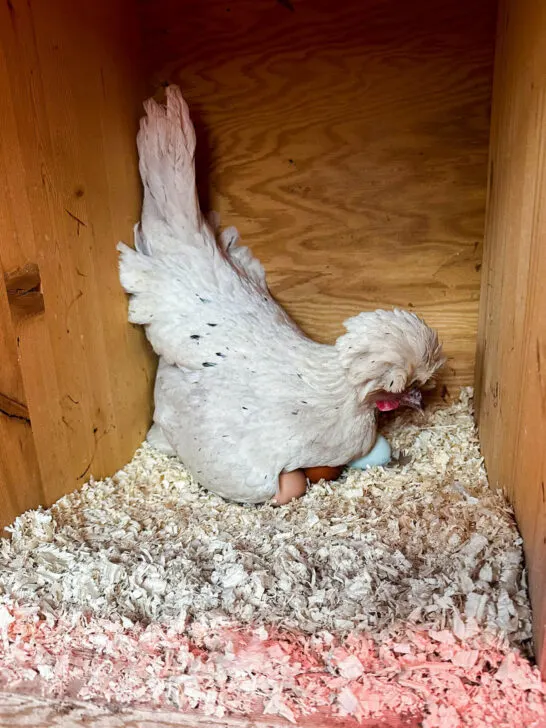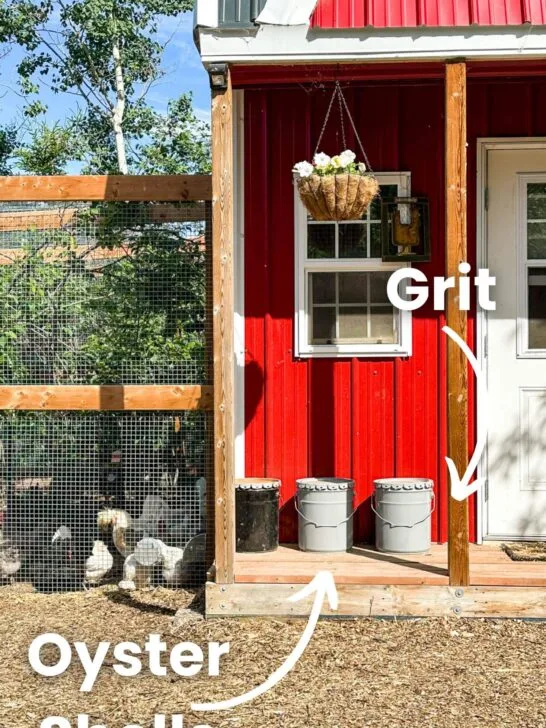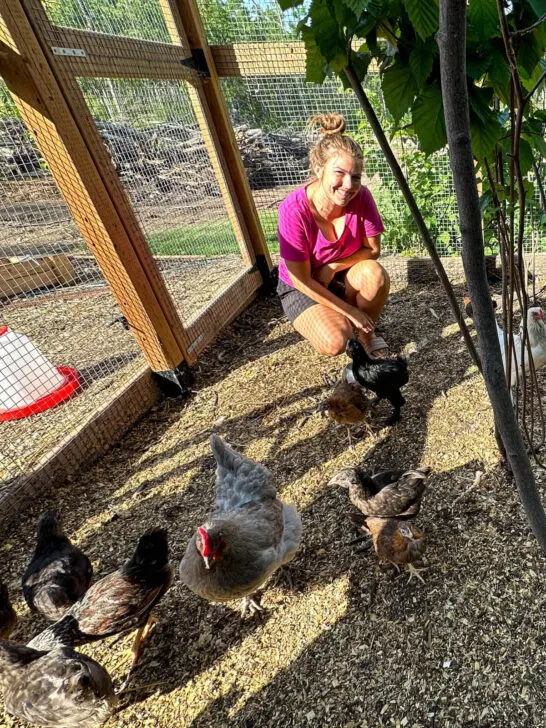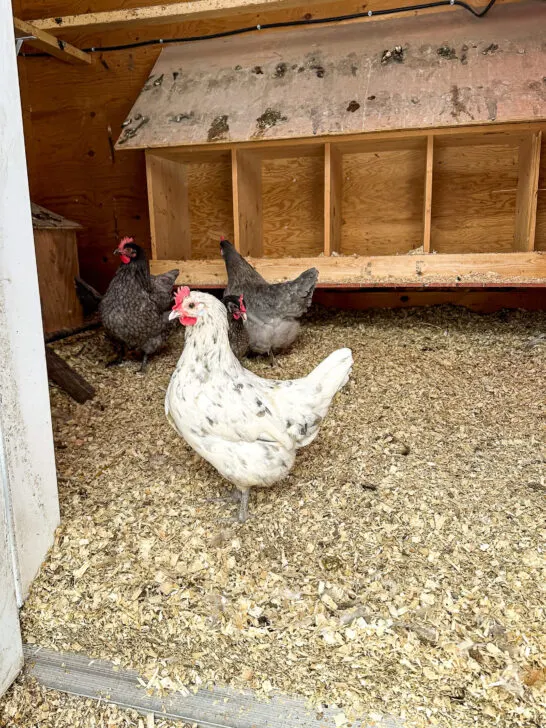Battling the winter freeze to keep your chickens' water drinkable? Discover practical solutions in this guide to ensure your flock stays hydrated, no matter how chilly it gets.
Winter is a time of beauty, but it can also be a time of challenge - especially in the chicken keeping world. When the mercury dips below freezing, maintaining the well-being of your flock becomes a whole new ball game.
One of the biggest challenges is undoubtedly ensuring that your chickens always have access to a fresh water source. Picture it: you wake up on a frosty morning, put on your warmest clothes, and trudge out to the chicken coop, only to find their water supply has turned into an ice block. Chickens aren't fans of ice-cold drinks and they certainly can't peck through a frozen surface to quench their thirst.
And it's not just about hydration either. Water plays a crucial role in a chicken's digestion and egg production. So, ensuring they have fresh, drinkable water despite freezing temperatures is absolutely essential. But don't fret, while it's challenging, it's certainly not impossible.

As an Amazon Associate I earn from qualifying purchases.
Jump to:
Winter Water Warnings
If you're living in a cold climate, it might seem like a smart move to keep waterers inside the chicken coop to prevent them from freezing. It's warmer in there, right? On the surface, this idea makes sense, but it can actually create a whole new set of problems.
Water inside the coop increases relative humidity levels. In a closed space like a coop, excess moisture can be a big problem, potentially leading to respiratory issues in your chickens or even frostbite. Yes, frostbite!
Although it may seem counter-intuitive, high humidity in cold weather can increase the likelihood of the combs, wattles, and toes of your chickens suffering frostbite.
Plus chickens are messy drinkers. They love to splash and spill water, which can make the coop litter wet. Wet bedding is not only a perfect breeding ground for bacteria, but it also loses its insulating properties and increases moisture levels in the air, making your coop colder.
While it can be tempting to keep waterers in your coop during winter, it's essential to avoid the problems associated with indoor watering. Don't worry, there are alternative solutions to ensure your flock has access to fresh water, even in freezing temperatures.

With Or Without Electricity?
There are both on and off grid options when it comes to keeping water from freezing. The option you choose depends a lot on the challenges you face in your chicken keeping - there is no singular option that works for everyone.
Generally, the trade off between using something that requires electricity versus a non-power option is that electricity costs more money while off grid costs more physical work.
If you live in an area with really cold winters, like us up here in Northern Alberta, you'll be fighting frozen waterers all winter, unless you tap into power. If you choose to keep water from freezing without electricity in a cold climate, be prepared to haul fresh water to your coop multiple times a day.
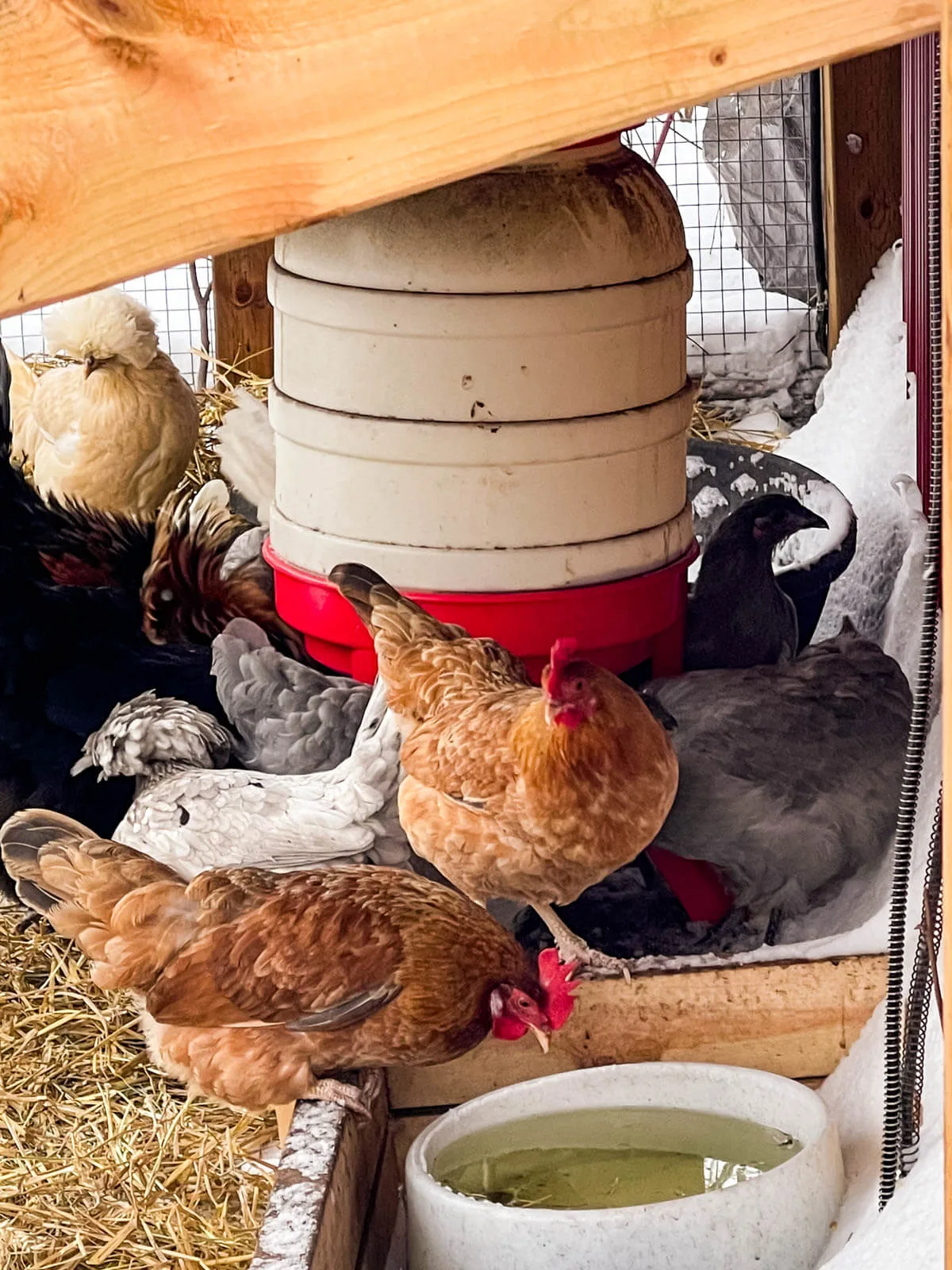
Keeping Water From Freezing Without Electricity
These options do not prevent the freezing of waterers in a cold climate. They can slow down the freezing of water in cool weather and may stop it completely if your winter weather is mild.
Rubber Feed Pan
One of the most commonly recommended winter waterers for chickens is rubber tubs. These large, black rubber pans are easy to come by and can be found at any local feed store.
The nice thing with rubber is that it is a good insulator, so although there is no power going to this tub, the material itself helps to insulate the water from the cold ground and surrounding air. The larger surface area of an open feed dish also helps to slow down the rate of freezing. Keeping the black tub somewhere that it can absorb heat from the sun's energy can help improve the efficacy of this method.
The beauty of this option is that if the water does freeze in the feed tub it's easy to flip the tub over and drop the ice puck out. There are also no worries of the rubber getting brittle and breaking in the cold weather.

Ping Pong Balls
Float a few ping pong or other hollow balls along the surface of your water dish - double this up with the rubber feed pan for best results.
The theory behind this is that the floating balls will disrupt the surface tension of the water preventing freezing. The chickens will likely peck at them, causing them to move around the water dish breaking up any potential ice crystals.
While this will work, it's best for weather that's hovering right around freezing. If the weather is cold and the water freezes solid, the balls will freeze into the water.
Check out our Winter Coop Tour YouTube Video for more information on how we winterize and keep our chickens comfortable in the winter.
Salt Water Bottle
This trick is used a lot for horses - and it does work, like the ping pong balls- assuming your weather is mild.
The way to use salt water is to fill a plastic water bottle with about 1/2 cup cheap salt, top it off with hot water, seal it up, shake to dissolve the salt, and float it in the waterer. I haven't personally tried this method, but again, it can help prevent freezing IF the temperature is barely below freezing.
More Chicken Keeping Advice
Keeping Water From Freezing With Electricity
Unfortunately for me, once we get into late October, or early November, the plastic bell waterers get put away for the season and the coop gets plugged in, allowing me quick and easy access to electricity so we can use a water heater.
If you're in a cold climate - these powered options will likely be your best bet.
Heated Bases
There are heated bases available for galvanized bell waterers, these work by heating the bottom of the container keeping the water unfrozen. These heated bases work best in temperatures of 10f (-12c) and up.
This option is not viable for us, as we regularly hit -40f (-40c) in the winter.
Heated Bell Waterers
Heated bell waterers are another way to provide fresh drinking water to your birds during the winter months. This option is a little more cold-hardy - working to as low as 0f (-18c) - again not a great option for us.
The downside of these waterers is that they need to be unhooked to be refilled, then inverted, and while I don't mind splashing a bit of water on myself in the warmer months - I prefer to avoid it when it's really chilly!
Another problem with this option is that if the weather gets too cold and the whole water container freezes, it can easily crack and be damaged by the expanding ice.

Heated Nipple Waterers
My chickens aren't nipple trained, but if yours are, this could be a great option for you. I do have a friend who uses heated nipple waterers all winter with no problems, and because it fills from the top, it's easy to handle.
That said, I can't find a temperature rating for these and I'd be hesitant to use them in too cold of weather.
Heated Dog Dishes
This is the option we chose. Heated dog water dishes are easy to fill, easy to see the water level in, and have never frozen on us once - despite -40f(-40c) weather.
We used 2 - 1.5 gallon heated water dishes for our flock of 24 chickens last winter, and the water lasted them between 2-3 days.
We did build a small frame for the waterers to keep the chickens from standing on the edge and tipping them over, but they lasted 6 months without a hiccup.
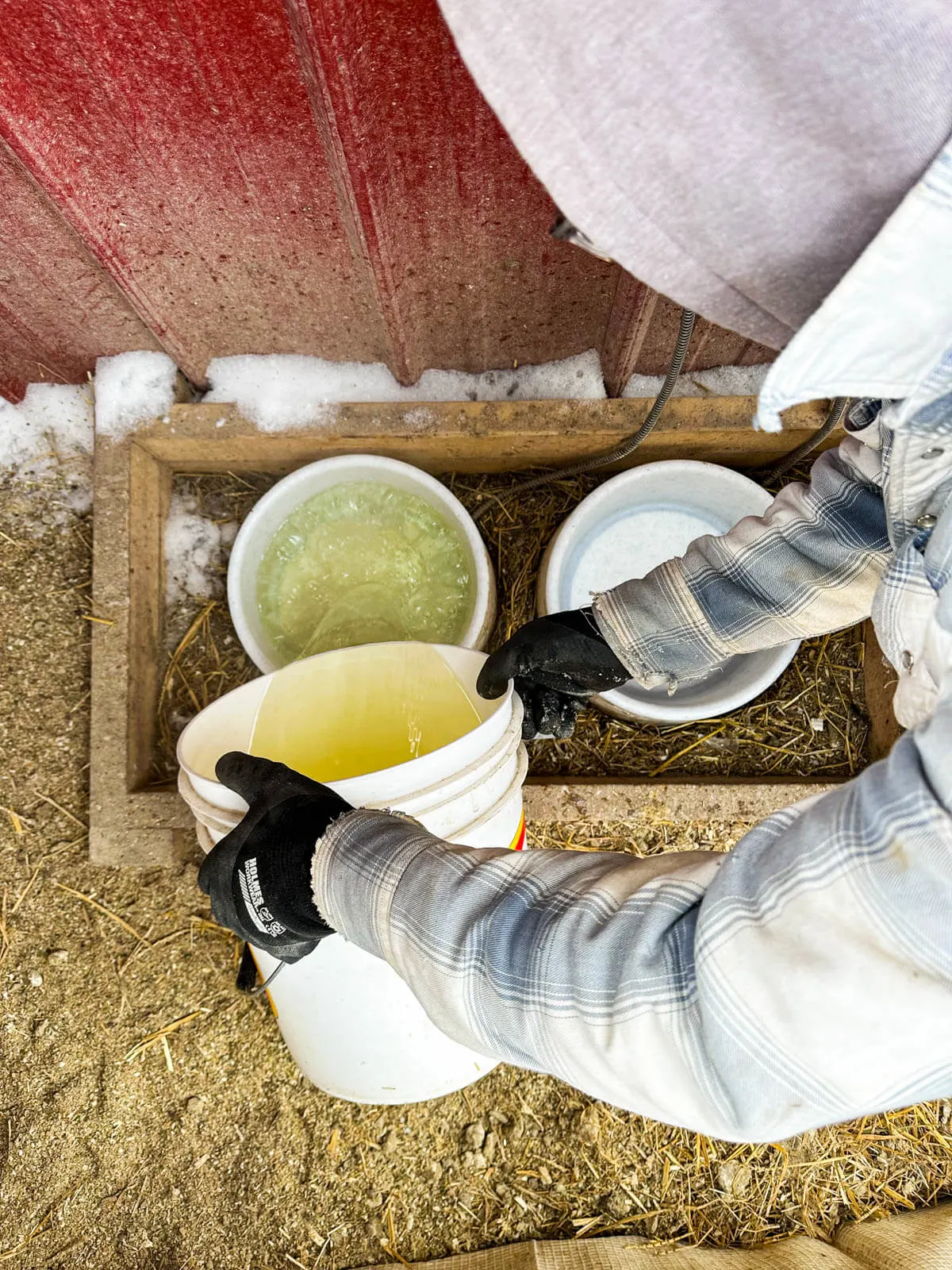
Thoughts From The Homestead
There are a variety of ways to keep your chickens' water from freezing during the cold winter months. Depending on your climate and access to electricity, different solutions will be more or less viable. Whether you choose an option that requires electricity or one that is completely off grid, make sure to research and understand the risks associated with each option before making a decision. By doing so, you can ensure that your chickens have access to fresh, unfrozen water all winter long.
The most important thing is to understand why it's important to keep chicken water from freezing in the first place – and if you plan ahead and choose the best solution for your climate, you'll be able to provide a safe and healthy environment for your feathered friends all year round.
Pin This Guide To Keeping Chickens Water From Freezing


